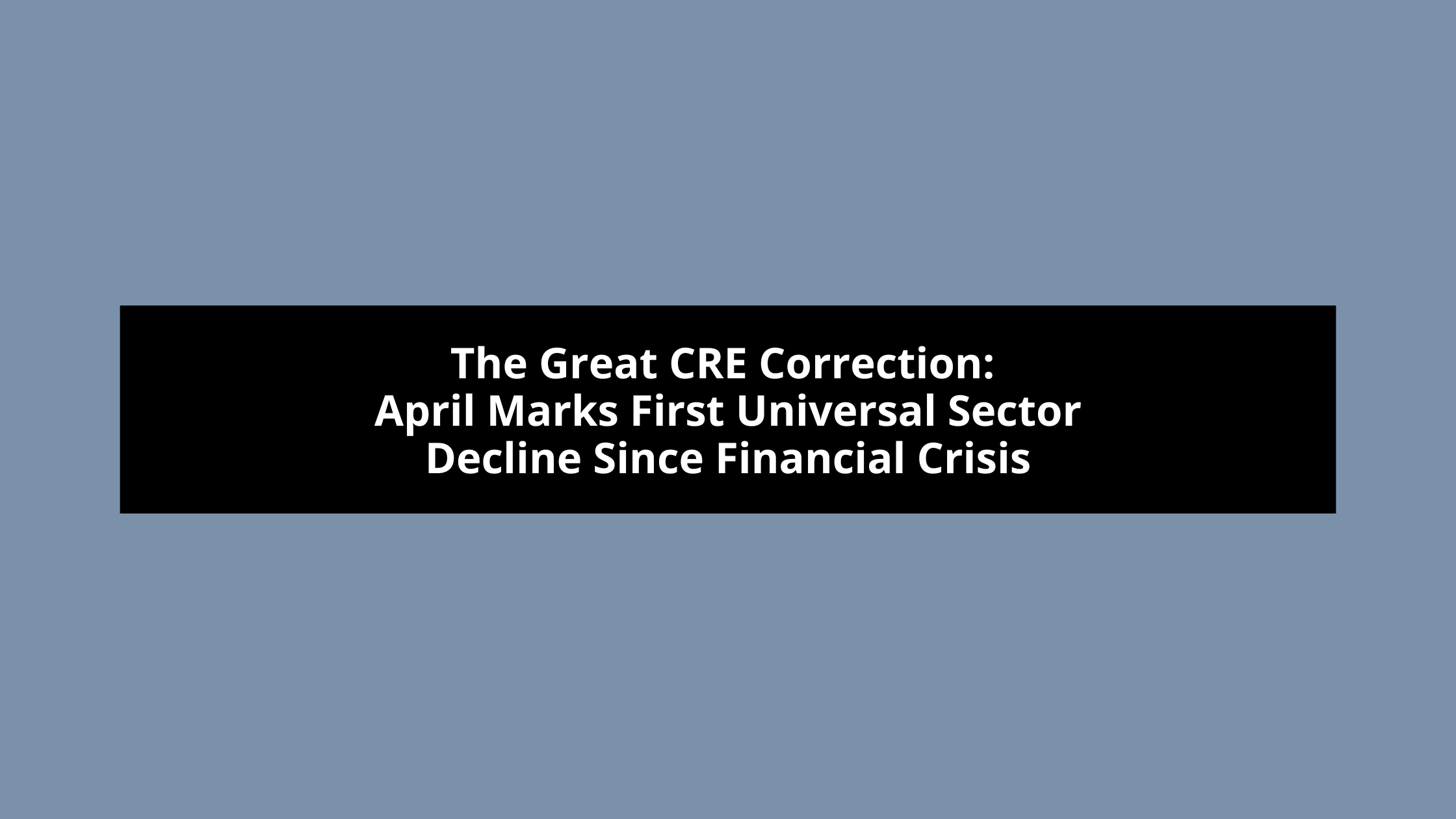Redefining the American Dream: The Rental Housing Revolution
The surge in rental housing presents a compelling narrative of shifting market dynamics. As home prices soar and mortgage rates climb, the allure of homeownership dims for many Americans. In response, developers are reshaping the landscape. With a record-breaking 93,000 single-family rental homes completed in 2023 alone—this shift is a staggering 39% increase from the previous year.
This trend of The Rental Housing Revolution isn’t merely a statistical anomaly; it’s a testament to today’s consumers’ evolving preferences and financial realities. Despite the pandemic’s upheavals, rents for houses persistently outpace those for apartments, signaling a robust demand that shows no signs of abating. By recognizing this paradigm shift, builders are strategically positioning themselves to cater to this burgeoning market.
However, this transformation has its challenges. While construction continues at a brisk pace, tightening lending conditions pose hurdles for ambitious projects. Yet, amidst these challenges, opportunities abound. Forward-thinking developers are embracing innovation and forging strategic partnerships to navigate these complexities. This allows them to seize the untapped potential of the rental housing market.
As thought leaders in complex commercial real estate, it’s imperative to dissect these trends and glean insights that transcend mere market fluctuations. By understanding the underlying forces at play and anticipating future trajectories, we can position ourselves not just as passive observers but as active architects of change. Let’s harness the power of knowledge and foresight to navigate this dynamic landscape and shape the future of real estate.


